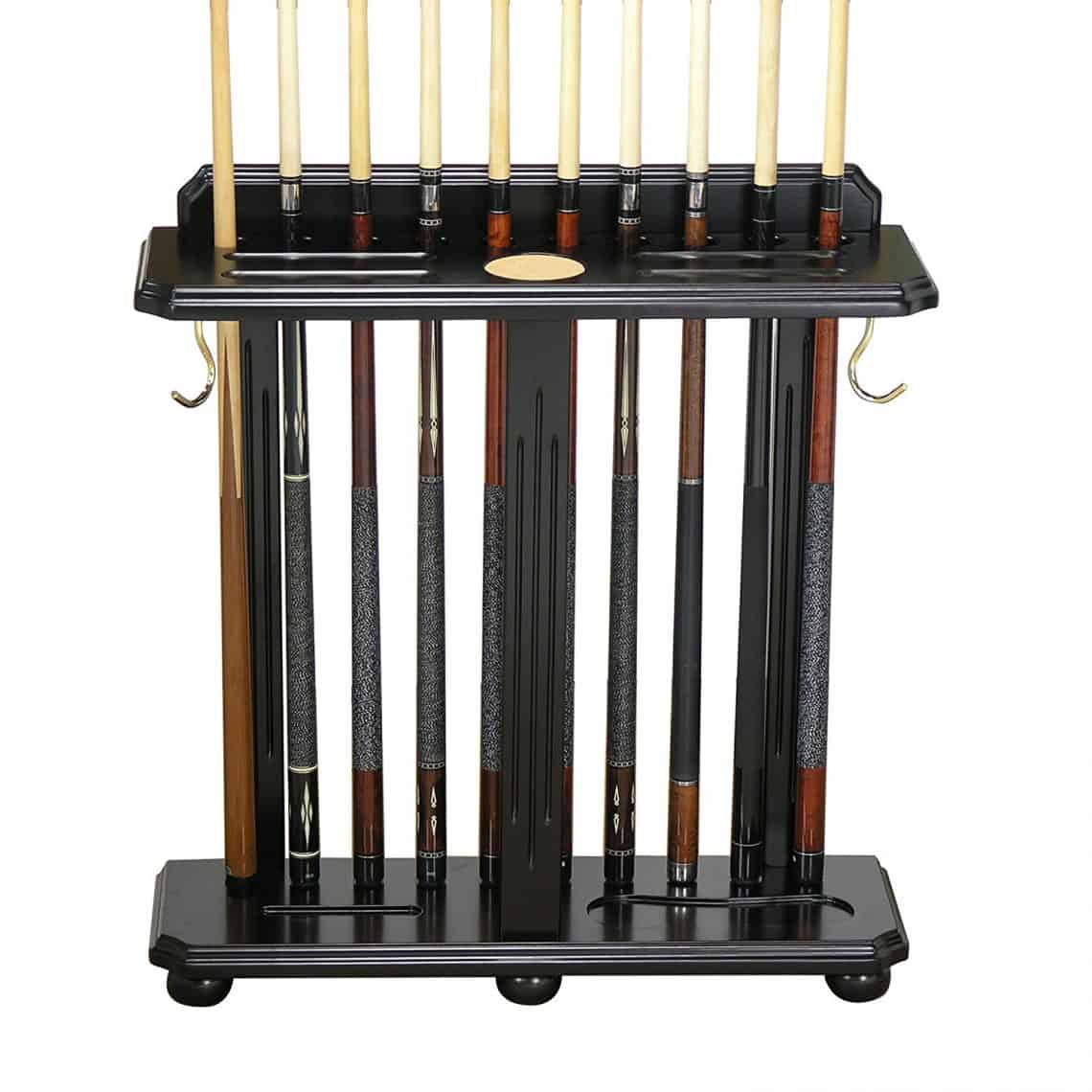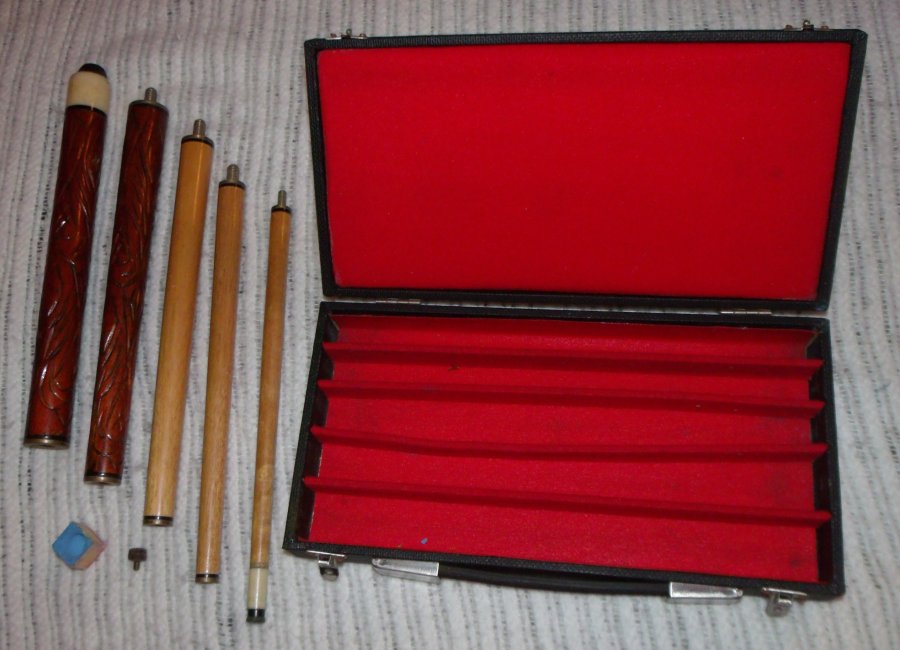Finding the right pool cue is essential for enhancing your billiards experience and improving your game. Whether you're a beginner or an experienced player, selecting the correct equipment can significantly impact your performance. This comprehensive guide will provide you with all the information you need to find the ideal pool cue for your needs.
Billiards is not just a game; it's an art form that requires precision, skill, and the right tools. A high-quality pool cue can elevate your game and make every shot feel smoother and more accurate. In this article, we'll delve into the world of pool cues, exploring the factors that make a good pool cue and helping you make an informed decision.
From materials and weight to balance and design, there are many aspects to consider when purchasing a pool cue. By the end of this guide, you'll have a clear understanding of what constitutes a good pool cue and how to choose the one that suits your style and preferences.
Read also:Kansas Jayhawks Basketball A Comprehensive Dive Into A Legacy Of Excellence
Table of Contents
- Introduction to Pool Cues
- Factors to Consider When Choosing a Pool Cue
- Types of Materials for Pool Cues
- Ideal Weight and Balance for a Pool Cue
- Shaft Design and Its Importance
- Customization Options for Pool Cues
- Top Brands and Reviews
- Price Range for High-Quality Pool Cues
- Maintenance Tips for Your Pool Cue
- Conclusion and Recommendations
Introduction to Pool Cues
A pool cue is more than just a stick; it's an extension of the player's arm, designed to deliver precision and control during each shot. The term "good pool cue" refers to a cue that combines quality materials, craftsmanship, and ergonomic design to enhance your gameplay. Understanding the basics of what makes a good pool cue is the first step toward selecting the right one for you.
History of Pool Cues
The evolution of pool cues dates back centuries, with early versions made from wood and designed for simplicity. Over time, advancements in technology and materials have led to the creation of high-performance cues that cater to both amateur and professional players. Today's pool cues are engineered to offer superior accuracy and feel, making them an essential tool for any billiards enthusiast.
Factors to Consider When Choosing a Pool Cue
Selecting the right pool cue involves evaluating several factors that influence performance and comfort. These include material, weight, balance, shaft design, and customization options. Let's explore each factor in detail.
Material Quality
The material used in constructing a pool cue plays a crucial role in its performance. High-quality woods such as maple and ebony are popular choices due to their durability and aesthetic appeal. Additionally, synthetic materials like graphite and fiberglass offer unique advantages, including resistance to warping and moisture.
Types of Materials for Pool Cues
When it comes to materials, there are several options to consider:
- Maple: Known for its light color and consistent performance, maple is a favorite among professional players.
- Ebony: This dark, dense wood provides a luxurious look and excellent weight distribution.
- Graphite: A synthetic material that offers stability and resistance to environmental changes.
- Fiberglass: Combines lightweight properties with durability, making it ideal for casual players.
Ideal Weight and Balance for a Pool Cue
The weight and balance of a pool cue are critical factors that affect your shooting style and comfort. Most players prefer cues weighing between 18 and 21 ounces, but personal preference plays a significant role. A well-balanced cue ensures smooth strokes and reduces fatigue during extended play sessions.
Read also:Unveiling The Rising Star Justin Dior Combs
Weight Distribution
Proper weight distribution enhances the feel and control of your shots. A forward-balanced cue allows for more power, while a rear-balanced cue offers greater accuracy. Experimenting with different weights and balances can help you determine what feels best for your playing style.
Shaft Design and Its Importance
The shaft of a pool cue is where the magic happens. It directly impacts the accuracy and consistency of your shots. Key aspects of shaft design include taper, tip size, and ferrule material.
Taper and Tip Size
A tapered shaft provides a gradual transition from the tip to the joint, allowing for better control and spin. Tip sizes typically range from 12mm to 14mm, with smaller tips offering more precision and larger tips providing greater forgiveness.
Customization Options for Pool Cues
Many manufacturers offer customization options to personalize your pool cue. From intricate inlays and designs to personalized engravings, these options allow you to create a cue that reflects your unique style. Custom cues can also be tailored to meet specific performance requirements, ensuring optimal play.
Popular Custom Designs
Some of the most popular custom designs include:
- Inlaid patterns
- Carved wood accents
- Custom grip materials
- Personalized engravings
Top Brands and Reviews
Several reputable brands are known for producing high-quality pool cues. These brands invest in research and development to create cues that meet the demands of modern players. Some of the top brands include:
- McDermott: Renowned for its premium cues and customization options.
- Schon Darts & Cues: Offers a wide range of affordable yet high-quality cues.
- Pearl: Known for its innovative designs and advanced materials.
Price Range for High-Quality Pool Cues
The price of a pool cue can vary widely depending on the materials, craftsmanship, and brand. Entry-level cues typically start at around $50, while high-end custom cues can exceed $1,000. Investing in a quality cue is essential for serious players who want to improve their game and enjoy a long-lasting product.
Factors Affecting Price
Several factors influence the price of a pool cue:
- Material quality
- Brand reputation
- Customization options
- Handcrafted vs. mass-produced
Maintenance Tips for Your Pool Cue
Proper maintenance is crucial for preserving the performance and longevity of your pool cue. Regular cleaning, tip maintenance, and storage in a protective case can help prevent damage and ensure consistent play. Here are some tips for maintaining your cue:
- Clean the cue with a soft cloth after each use.
- Regularly check and adjust the tip for wear and tear.
- Store the cue in a climate-controlled environment to prevent warping.
Conclusion and Recommendations
In conclusion, finding a good pool cue involves considering various factors such as material, weight, balance, and customization options. By understanding these elements and evaluating your personal preferences, you can select a cue that enhances your gameplay and provides long-term satisfaction.
We encourage you to share your thoughts and experiences in the comments section below. If you found this guide helpful, please consider sharing it with fellow billiards enthusiasts. For more informative content, explore our other articles on the site.
Remember, the right pool cue can make all the difference in your game. Invest wisely, maintain it properly, and enjoy the satisfaction of playing with a high-quality cue that suits your style and needs.
Data Source: International Billiards Federation (IBF) and Professional Billiards Players Association (PBPA)


